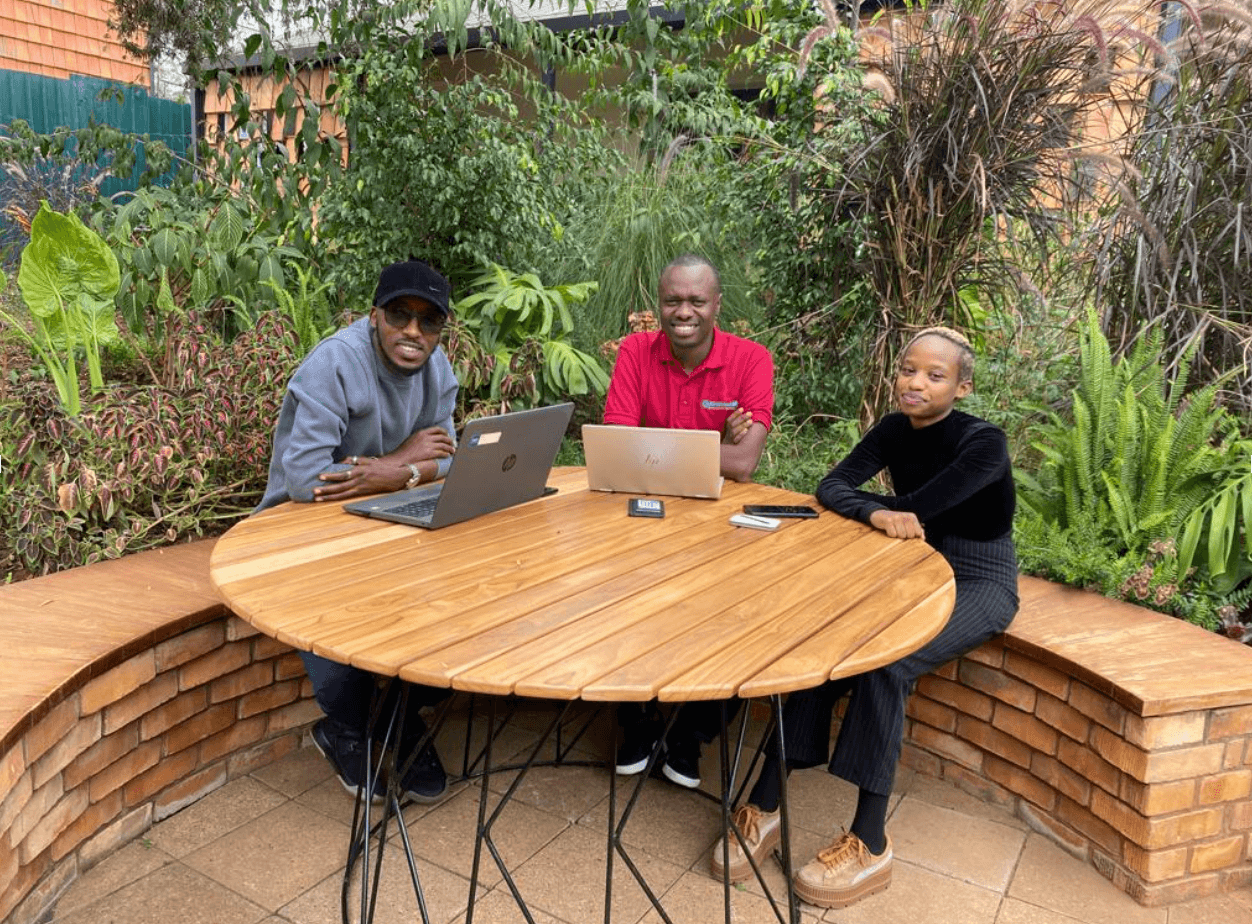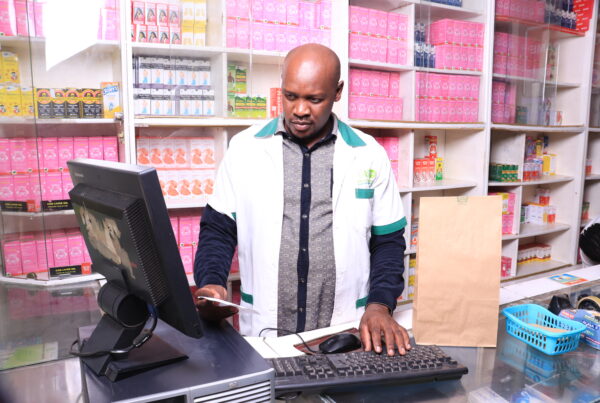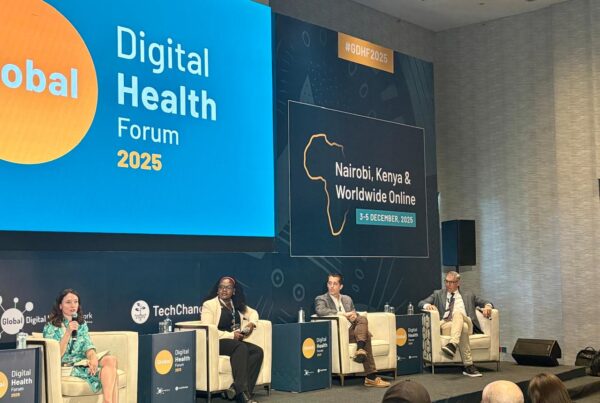A conversation with Dot.Pharma co-founder Arnaud Michel Nibaruta
How does a phone call between two acquaintances turn into a solution that health tech solution with the potential to serve thousands? DotPharma is a health tech solution that sparked from a phone conversation between two people that shared frustration that is far too common in various communities.
Roger, a web developer who works on health projects, and Arnaud-Michel, a healthcare manager at a clinic are both looking for medicine for their loved ones, but they can’t find it, as they had been working on a work project Arnaud picks a call from Roger, and the small talk before they get down to work helps them realize a common challenge. Arnaud jokes with a hint of sadness about how he spent hours looking for a specific type of medicine. He went around the whole city to finally realize the med was at a pharmacy he just unconsciously skipped at the beginning of his quest, and coincidentally Roger had faced the same challenge that day. They chat about it again and decide to do something about it. But, what? So many ideas, they bring along Willine, a graduate in Healthcare Management to pin down a solution and refine their model. Through the Health Tech Hub, they distilled their many ideas and streamlined the numerous innovative ideas they collectively came up with. In an Interview with Arnaud Michel Nibaruta, co-founder of DotPharma, we had a glimpse of the journey for his start-up to go from an idea birthed from commons frustration to a start-up that has now served 500 people in its pilot that is currently running in Kigali.
DotPharma is a health tech solution whose aim is to provide better accessibility, availability and information in regards to medicines. Arnaud Michel explained that there is a challenge that is far too common whereby people look for medicines that are hard to come across, and some people make uninformed decisions through auto-medication, while some misuse antibiotics. He says: “These challenges can be easily solved through making factual information easily available, and putting accessibility at one’s fingertips. I am now glad that DotPharma is on a journey to do that at scale through the Health Tech Hub that my team has been selected to be part of”. The Health Tech Hub currently hosts 30 startups with diverse projects with the common thread being that they all solve health problems using tech solutions.
When DotPharma started, the team was thinking of creating a pharmacy locator, an online pharmacy, an informative website, and so many other ideas. Through the Hub, the co-founders were able to refine their product and pin down a model that can be scaled up. Arnaud-Michel highlights that being part of Hub has been monumental for their progress as they embarked on a learning curve they had no idea they could climb in just a few months. He said: “The most iconic start-ups that we all know started off working from garages, but here at the Hub, we get the opportunity not just to use impeccable internet and sit in chairs that don’t hurt our backs but also to access a network of people and leading organizations, we would not otherwise have access to. We get paired with mentors with impressive experience and who really understand the health and technology subject matter.” He adds that the Health Tech Summit he recently attended as part of the Hub has been the embodiment of all the opportunities to connect with like-minded businesses, people, and even potential partners. He explains that there are various incubators that combine all start-ups together and give generic training to everyone. He says this is good as a starting point, but he says the Health Tech Hub goes further into the specific needs of health start-ups like DotPharma, allowing them to access personalized materials, resources, mentors, and other experts. “For example, healthcare is a very regulated field when it comes to access to and the sharing of data. Being in a generic incubator would make it hard to meet experts that understand these nuances, but our mentors possess a deep understanding of such implications that are unique to our field, they know what works, and as a young start-up they help us know which pandoras boxes we should not open.” He says this particularity of the Health Tech Hub is the one that has allowed his team to pull amazing strides in refining their model and building their model with potential for scale.
The future is promising and Arnaud Michel says that health tech is currently getting the recognition it deserves. He explains that healthcare is a field that relies on human interaction, and in the past, people were skeptical of adopting tech solutions because they thought they lacked that human element. However, currently, people have an open mind as they have seen that technology can make that human interaction even more efficient and help address unmet healthcare needs. Arnaud says that it’s clear that promoting health tech is a step in the right direction that will unlock more healthcare accessibility opportunities. He says: “The opportunity and the market are there, the infrastructure is being built, policies are becoming more and more favorable, and there is huge potential for scale. I am grateful that the Health Tech Hub has helped my team see that all these elements are working in our favor and that it is providing us with the opportunity and right resources to leverage this conducive environment.”
An article written by Bernard Marr for Forbes in January 2022, points out that the pandemic has accelerated the digitization of the healthcare industry. According to the HIMSS Future of Healthcare Report, 80% of healthcare providers plan to increase investment in technology and digital solutions over the next five years. Outside of the pandemic context, we will continue to see growth in areas such as telemedicine, with organizers leveraging artificial intelligence (AI), the internet of things (IoT), and other tech solutions to develop and deliver new treatments and services. The Health Tech Hub stays committed to incubating start-ups to promote health tech in the future. The Hub currently hosts 30 startups from around Africa for one full year, whereby the startups have unlimited access to the state-of-the-art space and receive the capacity building they need to test and validate their solutions in the public health system.












